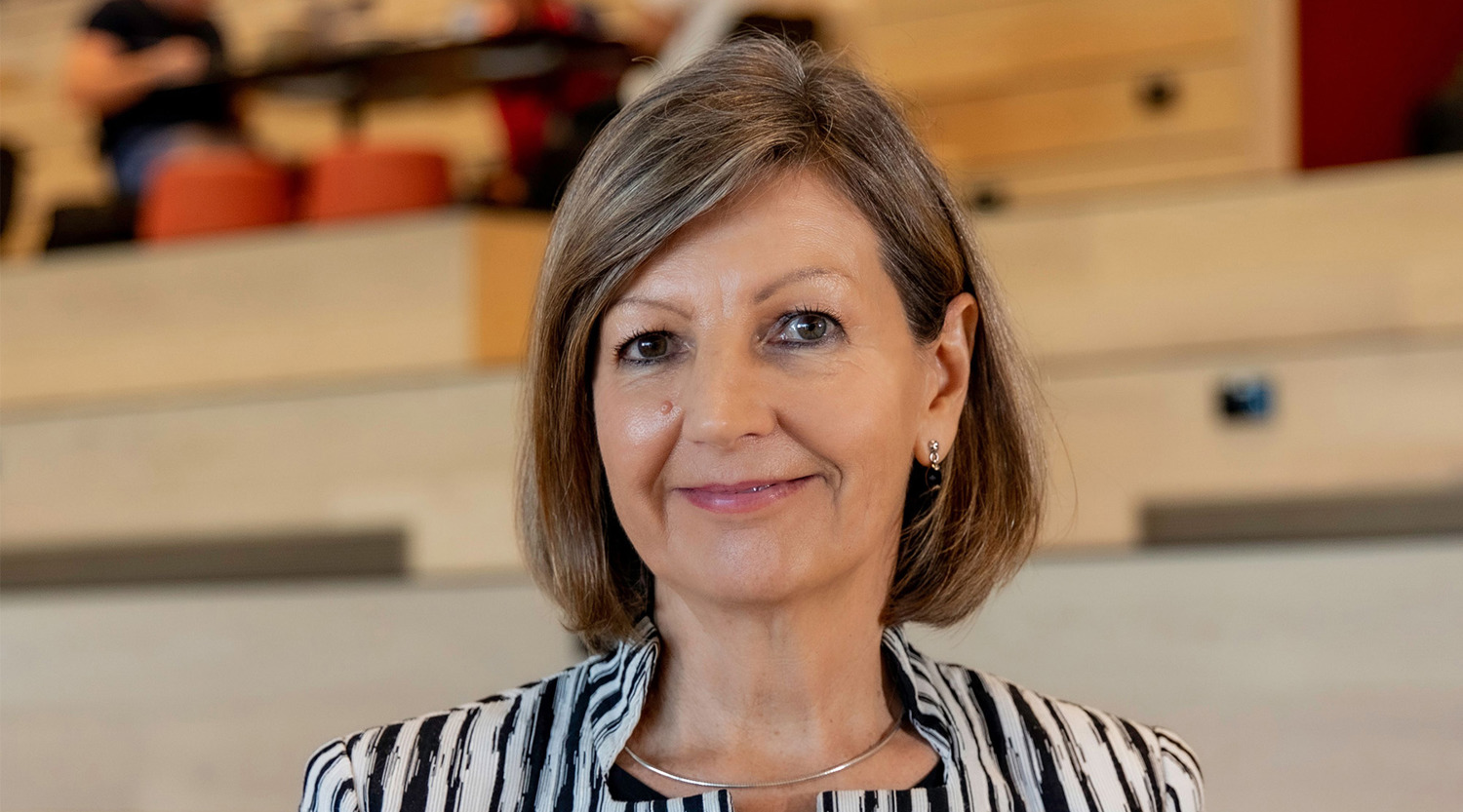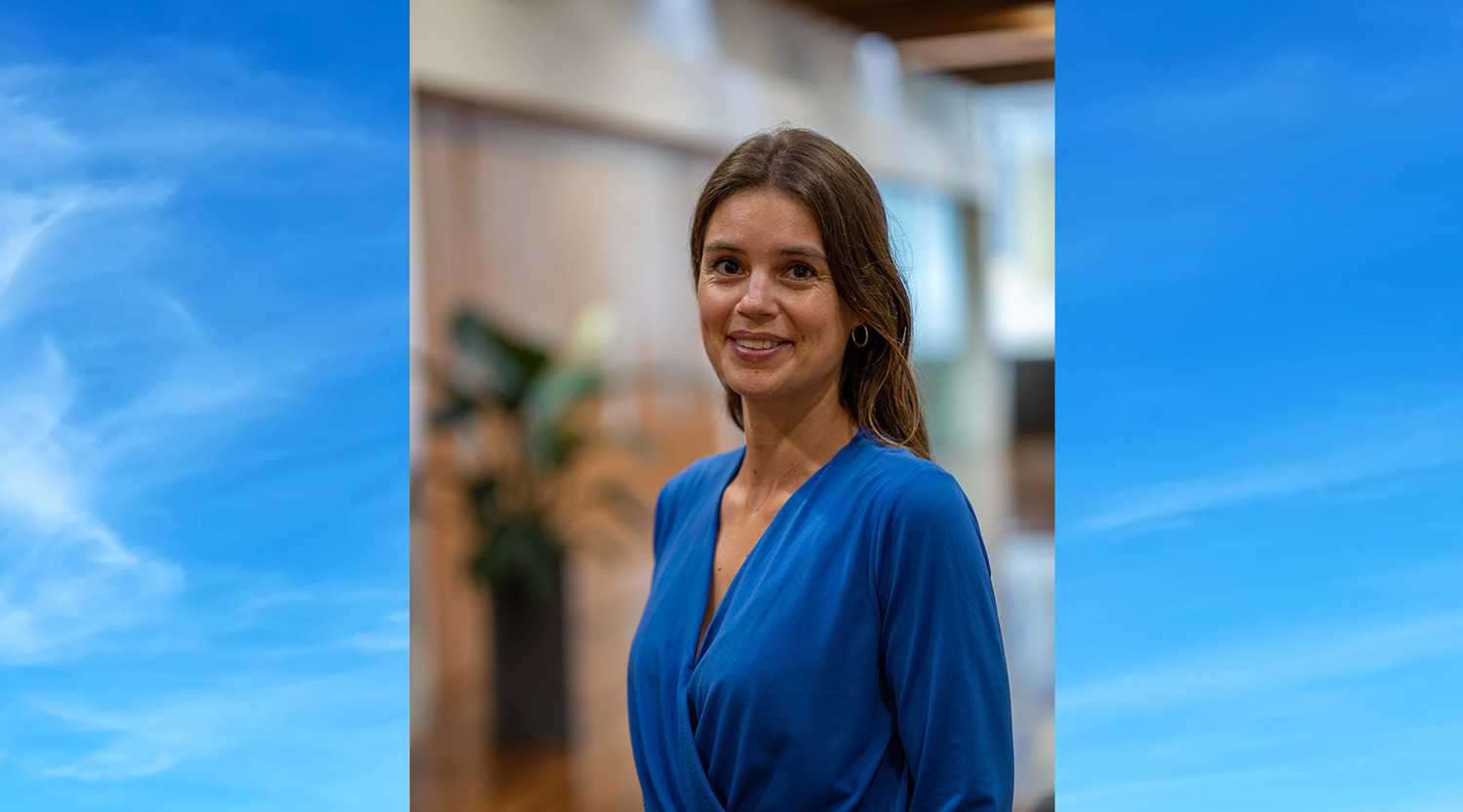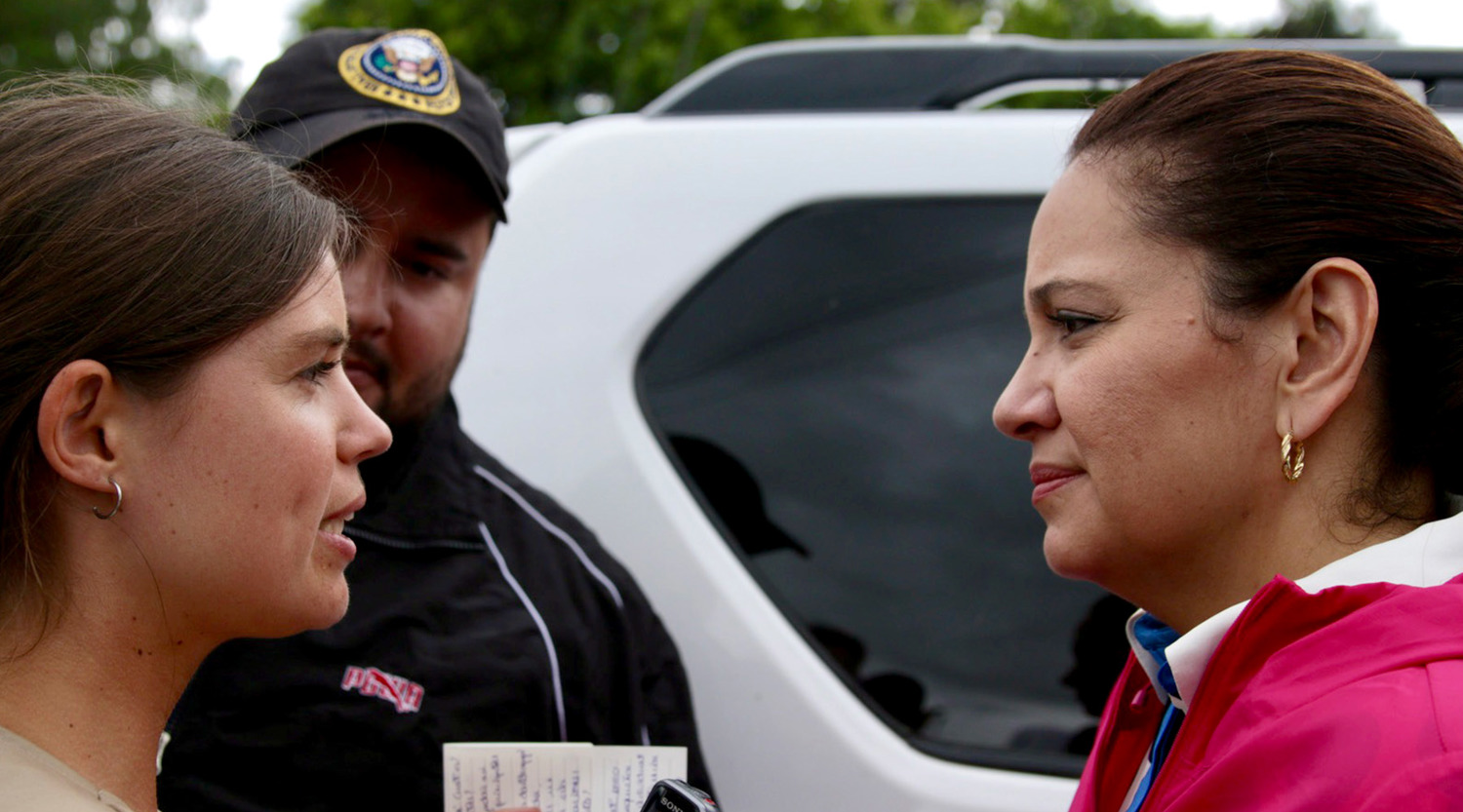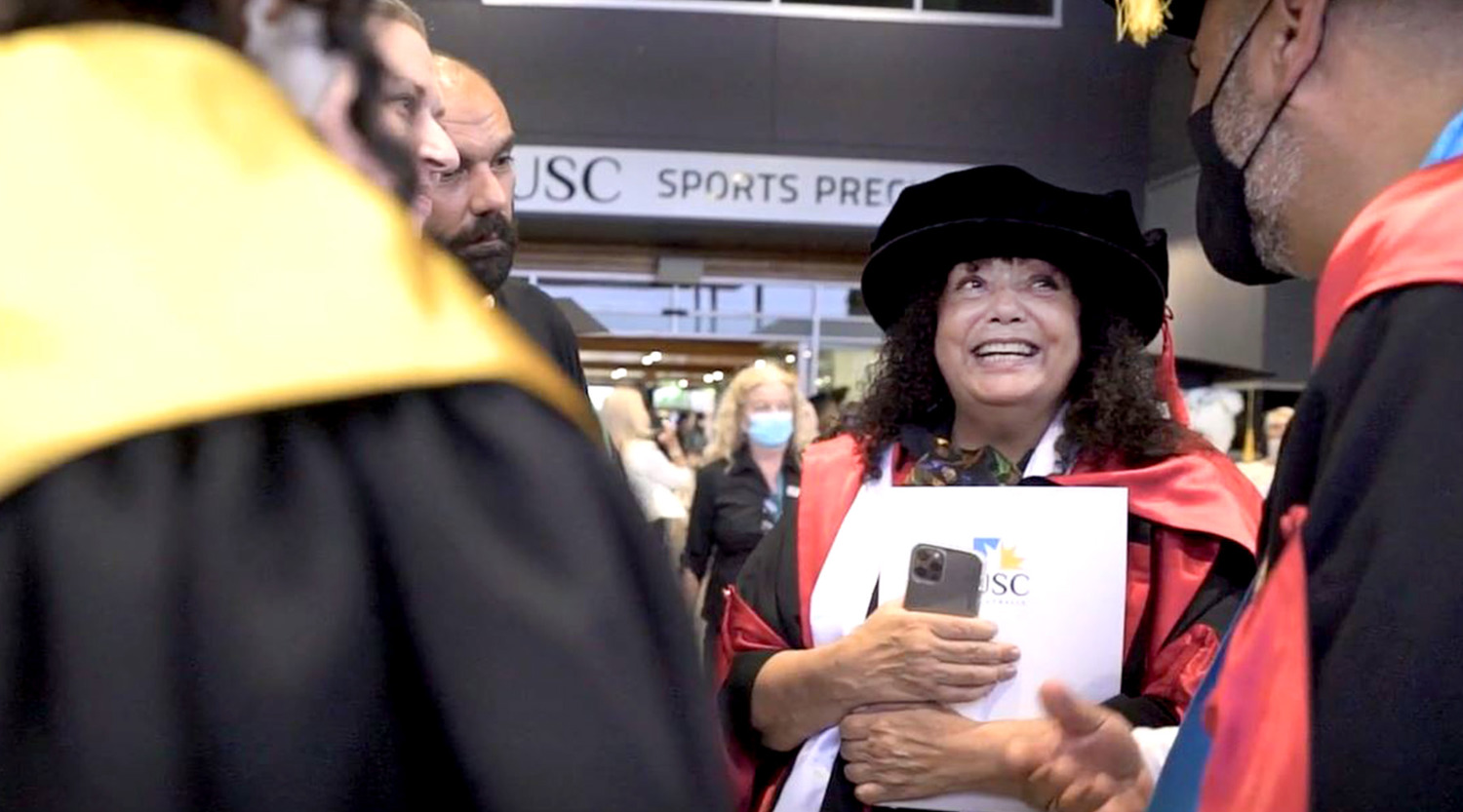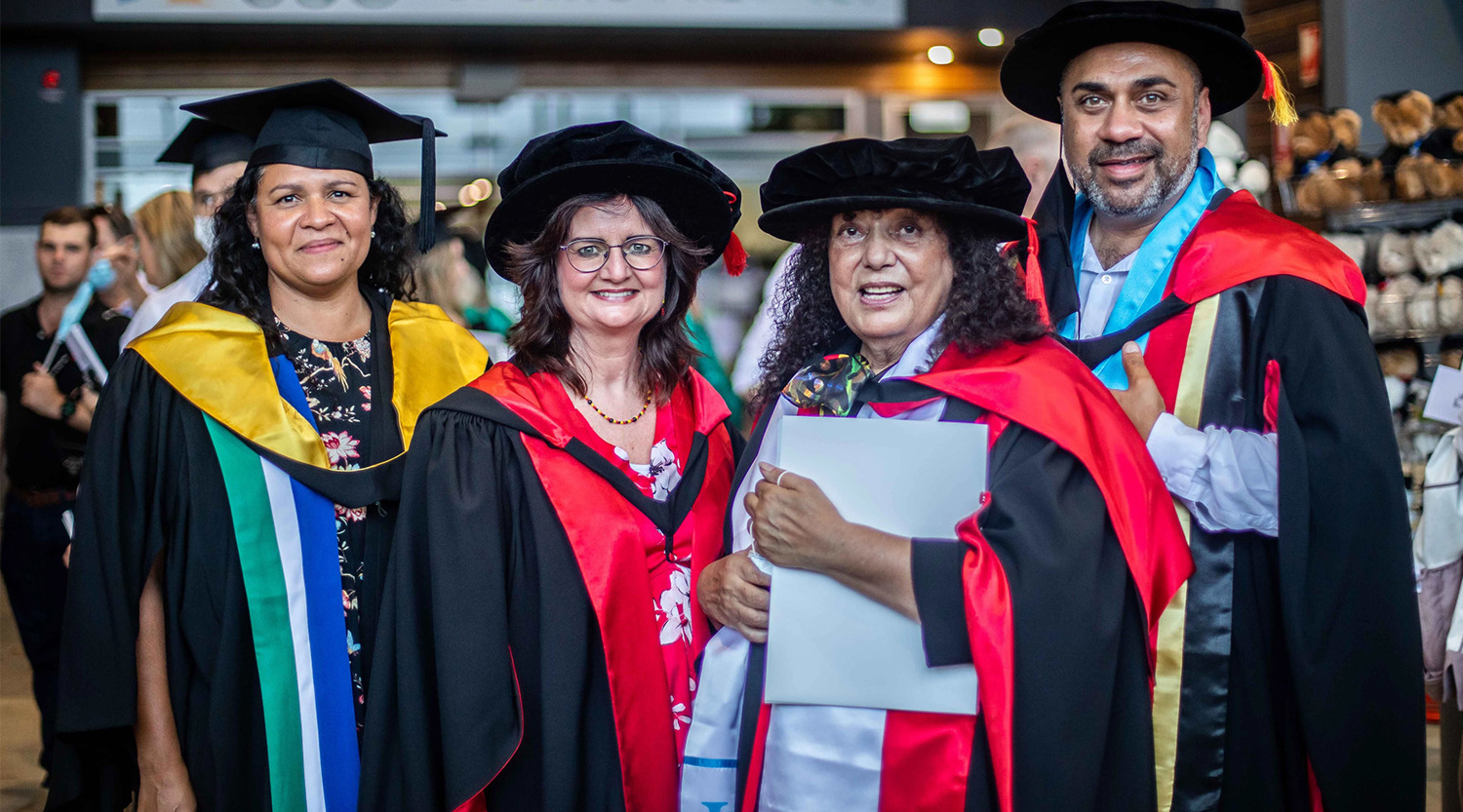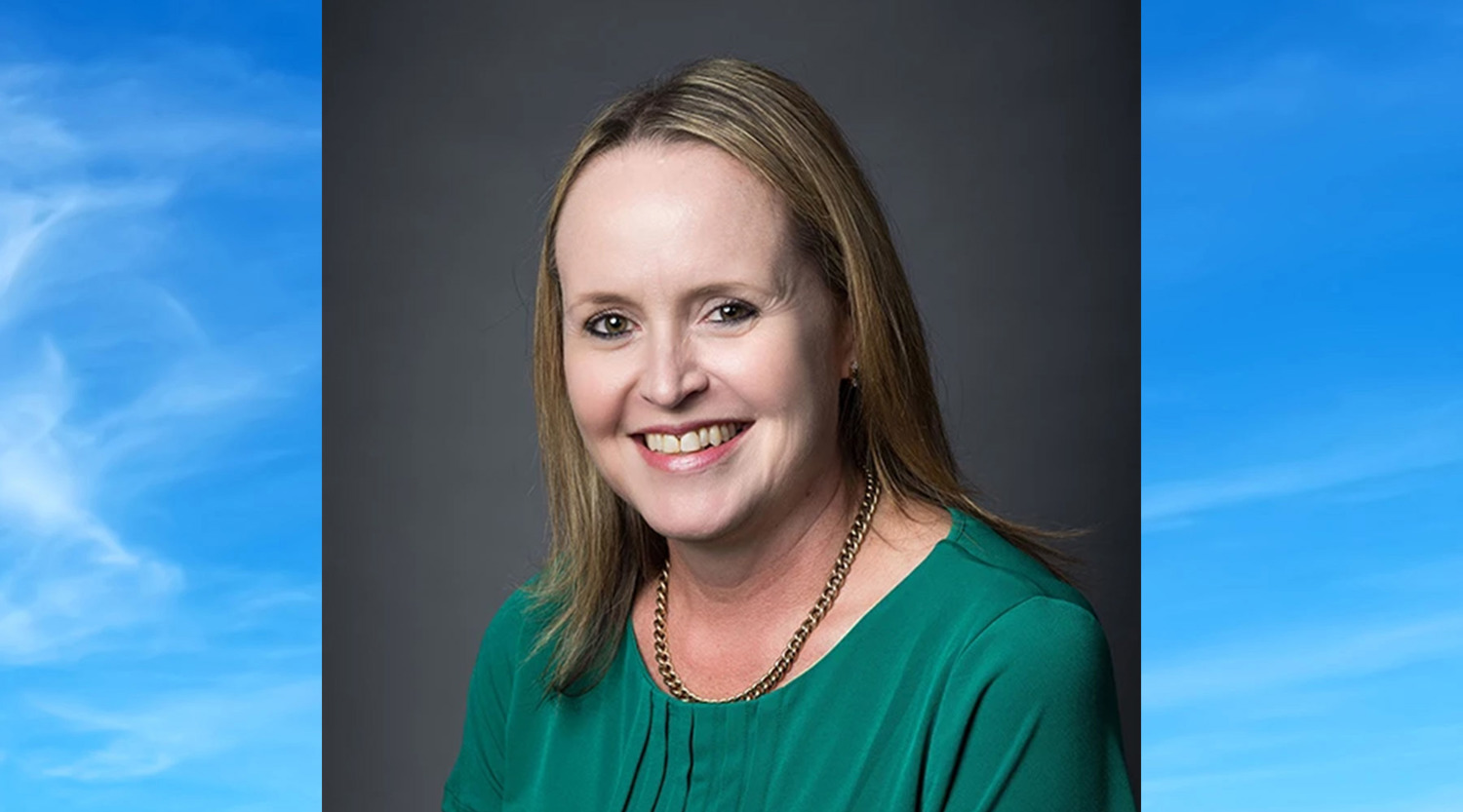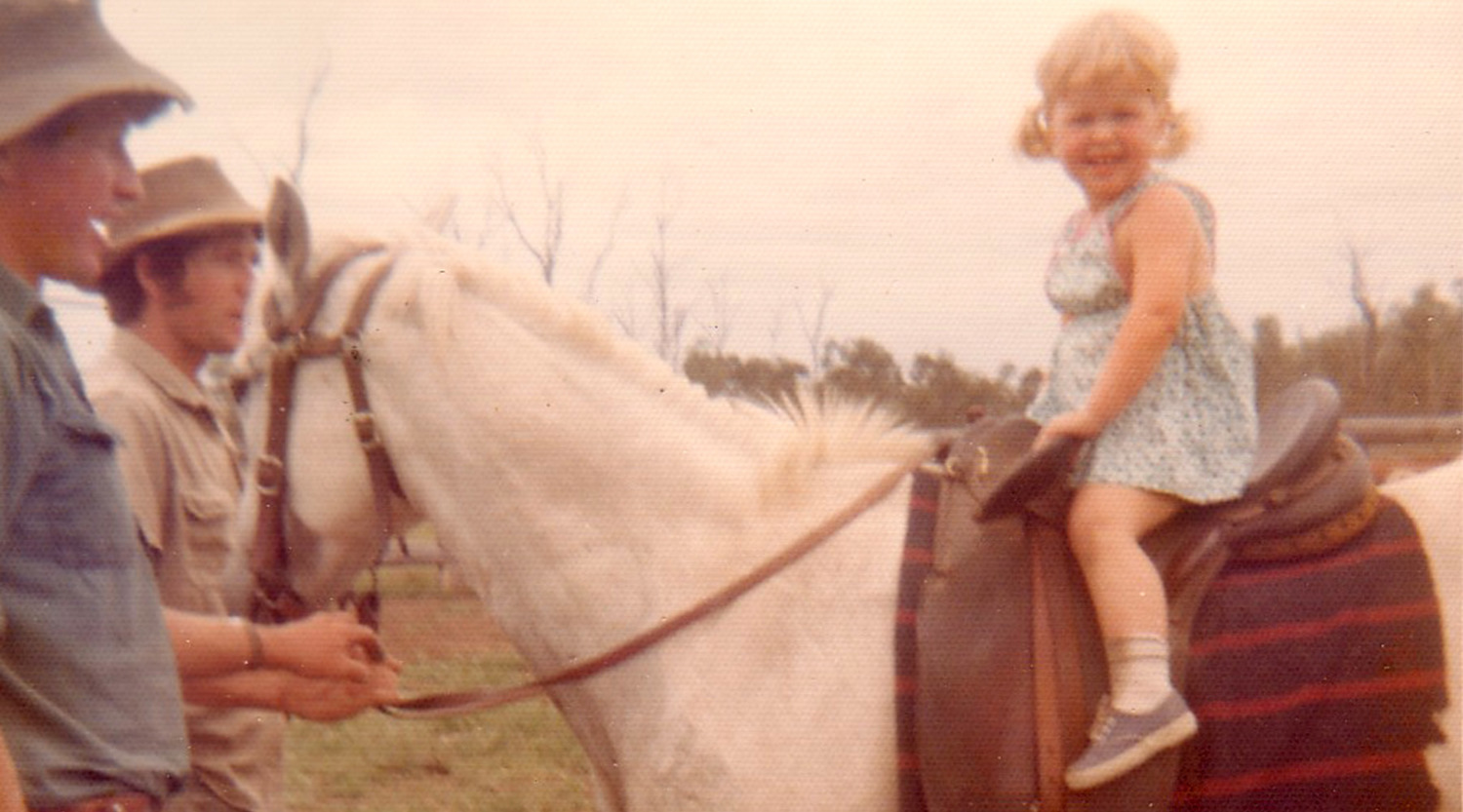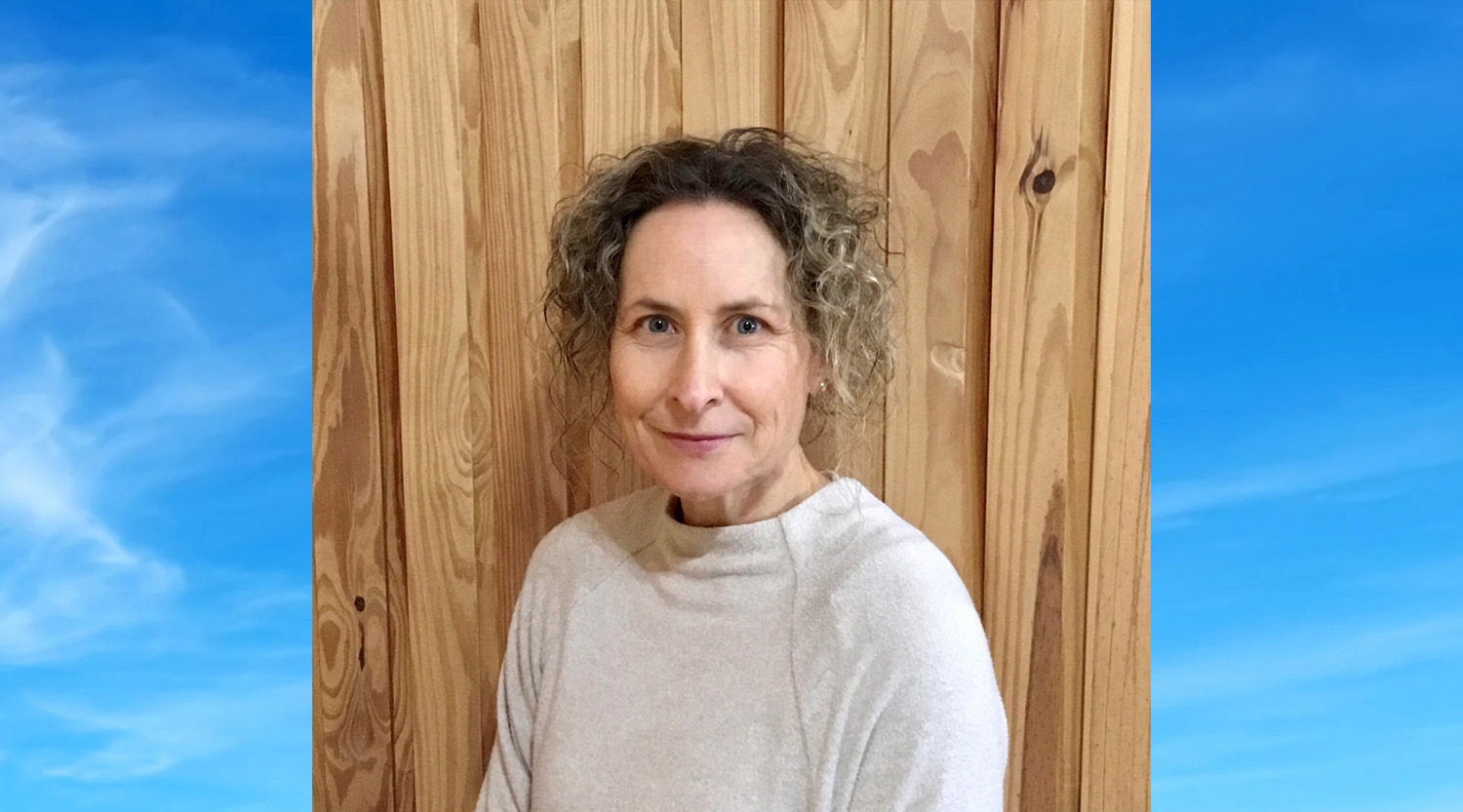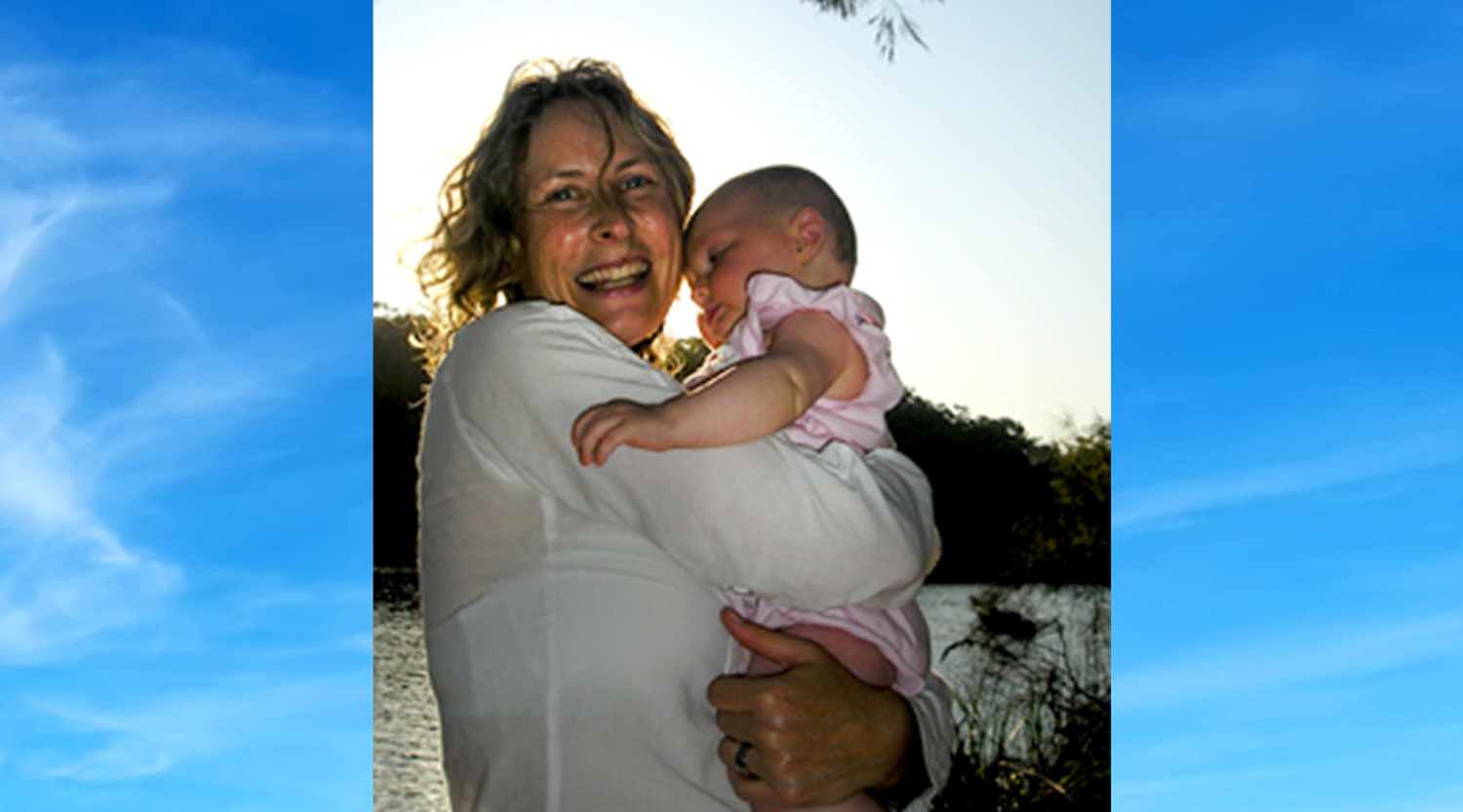Foreword by Professor Helen Bartlett
Each year, on the 8th of March, we celebrate International Women’s Day. It’s an opportunity to recognise the progress women have made towards equality, celebrate women's achievements, and call out inequality as we work together to pursue meaningful change.
Equity means creating an inclusive world, though it’s critical to understand the difference between equity and equality so we can enact the right strategies to fully support it. Equity is giving everyone what they need to be successful – which will not necessarily be giving them the same, equal thing.
For International Women's Day, the University of the Sunshine Coast (UniSC) asked four women to share their unique perspectives on how UniSC can help build a more equitable workplace and society. These women represent various areas of our university, including a student, an Indigenous community spokesperson, a senior leader and an academic whose research focuses on gender inequity.
Each of them made powerful points about how far we have come, and how far we still need to go to ensure a gender equal future.
UniSC is a large and diverse community of outstanding people, including academics, researchers, professional staff and alumni. In honour of International Women’s Day, I acknowledge their work and dedication to equity as we strive to achieve equality and success for all.
The student
I used to be an environmental investigative journalist, working around the world. After years reporting, I could see there was an urgent problem, so I decided to go back to uni to fill my knowledge gaps. I want to work for the United Nations one day at a global policy level to make changes.
In all the newsrooms I worked in, I was often underestimated at the beginning. I wrote about technical things like energy transition and mobility, and the majority of my colleagues were male. I did a lot of journalism in Central and South America, where there's more of a machismo culture so it was way more difficult. Often when I made an interview appointment, people expected me to be a man. And then they'd be slightly disappointed, like ... 'Oh, you're a woman.’
Initially, it made me angry, and I would think, 'I'm equally capable ... why are you underestimating me?’ But then I thought, 'OK, I can use this to my advantage'. When people underestimated my intelligence, it actually helped me. I'd ask questions and they would think, 'surely this woman doesn't know what I'm talking about, so I might as well overexplain it'. This meant I got detailed information and great interviews. I dealt with it by being confident in what I know.
It's so important for women to remain confident and tell ourselves, ‘I know my field. I know what I'm doing. If you want to underestimate me, that's actually your problem. And we'll see in the long run, who gets where they want to get to'. I found that always pays off.
In my role as a student member on the UniSC Council, and as co-chair of the Student Senate, I try to listen to what students have to say, and make the distinction between wants and needs. Everybody doesn't need the same thing, and what's helpful for one person might even be destructive for somebody else. That's why UniSC tries to get student reps in a lot of different working groups to have a student voice everywhere.
At UniSC, a lot of our students are a little older, they have children and they have jobs. Many of our students come from lower socio-economic backgrounds, all of which are potential barriers to student success and wellbeing. So it's important to interact and ask, 'what is it that you need to succeed here?', and to be flexible as well. Even something like having childcare on campus, it's such a small thing relatively, but for a mother it's huge because someone can look after your child for a couple hours while you're at class. Equity starts with listening.
"When we listen to each other, our experiences help us feel less alone and we can support each other to overcome the challenges for a more equitable outcome."
Dr Hope O'Chin (Aunty Hope) is a Kabi-Kabi, Wakka-Wakka, Koa. Gugu-Yalanji educator and artist. She was born into the dormitory systems on the Aboriginal Settlement of Cherbourg.
The community spokesperson
In today's world of gender equity, I can see things changing that we fought for, though the gap for women is still clearly defined in relation to opportunities for employment and a whole lot of other things.
Of course, there's an even bigger gap for First Nations people, given the historical gambit they've been through since colonisation, especially when you consider that 1967 was the first year First Nations people were considered citizens.
Our women were in a similar situation to their men, imprisoned as inmates on missions and reserves since the 1901 Constitution which basically labelled us a non-entity. And being an inmate, just because you're the first human inhabitant on the continent after being overpowered by guns, contributed to the inequality of treatment and provisions for First Nations people generally. That's why women have stood beside their men, to ensure when leadership was required of each person respectively, they both stood up and carried themselves as leaders within their communities.
Our men, on the other hand, our youth, have been the highest proportion of people in incarceration, which has been the trend from the first wave of colonisation. But it's changing. Many of our people are seeking qualifications and further studies to assist their communities in whatever direction they need to go.
I think First Nations women decided we couldn't wait to ask or be told what to do. We forged our way ahead ourselves. So, you will notice in every arena – political, education, training and leadership in their own communities – women are right up there, because we had to.
At universities, it’s important we recognise the talents of women, as professional people in the first instance, that they have the same qualifications and the same standing as that of all other academics, students and the community.
Young women are often underestimated, and on the other end of the spectrum there's people like myself, ‘the aged,’ considered no longer competent. The labels are there, of course. You face it every day of your life. In many cases we're just not valued for our full potential, for what we can contribute.
I feel really humbled to be the first in my family to get my doctorate. My journey was a humbling experience, I didn't think I would make it. I just continued one step at a time until I got through it. I was committed to finishing the things I had started.
We’ve pushed very hard and have been constantly pushing to ensure our voices are heard. And we've done that by proving how competent we are.
"We’ve overcome many difficulties along the road, but that road for us is like our Dreaming, it's a continual circle. We are always halfway, or three quarters of the way, but we can never reach the end because it's a part of the Dreaming that is continually changing."
Dr Hope O'Chin completed a Doctor of Philosophy Creative Arts and Industries at UniSC in 2021. Hope also has an Honorary Doctor of Education, Indigenous Knowledge from the World Indigenous Nations University Hawaii USA.
The leader
I grew up on a property in central Queensland and I think that shaped who I am today. In that era, farms were male-dominated and yet I think my father was ahead of his time. He always encouraged my sisters and I to do the things we were passionate about without worrying about what others thought.
In my career, I started out in the corporate world in the financial services sector – a heavily female workforce. I didn't want special treatment, I just wanted to be accepted for the skills and abilities I brought to the job. Then I worked as a consultant in the Central Queensland coal mines at the opposite end of the spectrum in a completely male-dominated workforce.
As a female consultant, it was incredibly challenging to demonstrate my expertise and my ability to understand a situation and bring a different perspective on what happens in the workplace. Ironically, sometimes the people I had to work hardest to prove myself to in that environment were senior women who had the attitude of, 'I've done the hard yards, and you should too'. I promised myself when I got to that position, I wouldn't take that perspective. Then in universities, whether I was teaching or working in research, I strove very hard to prove myself as a woman, and feel perhaps I overcompensated at times.
As the saying goes, you can't be what you can't see, and in large part we do have some wonderful female role models at UniSC, not just in management but in a range of specialist roles also. We have a strong representation of women in leadership positions who are very generous and encouraging and I'm proud to be part of a culture like that.
Coming from a human resources background, equity is very important to me because it is all about giving everyone a chance to succeed, recognising that everyone needs different support at different times in their lives and careers. International Women's Day is an opportunity to raise the question of equity challenges in our culture which goes beyond women, it applies to a whole range of issues around broader diversity including our First Nations people, LGBTQI+ community, etc. We're all human, we all have needs, and they differ in our workplace and in society generally.
I would like to see a future where we don't need International Women's Day, because true gender equity is a reality, but the statistics tell a different story. So, until then, we need everyone on the journey reflecting on not just gender, but a whole range of other things that make us diverse.
"We need reminding of how far we've come while also looking at how far we've got to go, and International Women's Day is a day to reflect on that and to call it out – and that's a positive thing."
I look at my position now as a chance to support up and coming women who are trying to balance work with life and family and give them opportunities alongside our male counterparts. One of my former PhD students says women leaders shouldn’t just throw down a ladder to the next woman, they should throw out a fishing net bringing lots of women along, which I think is a great analogy.
The equity expert
To embrace equity, the first lens we need to adopt is the understanding that not all women's experiences are the same. As a white, cisgendered, heterosexual, able-bodied woman, I recognise I have a lot of privileges that somebody who doesn't share these particular identities may not have. The important thing is that we listen, that we adopt something called ‘cultural humility,’ so we don't make assumptions or judgements about others just because ours hasn’t been their lived experience.
Much of our lived experience is shaped by two factors: policy and culture. So, if policy is written by males – and up until relatively recently, it's been predominantly written by a particular type of male – then there are likely to be significant gender blind spots in policy. We call this ‘gender blind policy’ because policy makers haven't necessarily considered the policy’s manifestations or its impacts on people with different genders, lived experiences, or complexities.
Culture is the other shaping factor. The Sex Discrimination Act has been in place for 50 years, yet we know statistically that women are still not achieving their full potential in most workplaces. It's not that women are deficit, don't have the skills, knowledge, aptitudes, competencies or aspiration; it's that women have not been culturally accepted, promoted, and supported to take leadership of decision-making roles. So, while we are grateful for anti-sex discrimination policy, policy has been to enacted through cultural exchange and interaction, to work. For these interactions to be supportive of gender equity policy, especially in workplaces, it helps for people to engage in equity, diversity and inclusion training so that they learn to identify and challenge their gender (and other) biases, biases inherent in policy, biases presented by people around them.
"We can make the change anywhere where people are - in the boardroom, at the dining room table, and in the kitchen. And this is not just the responsibility of women, this is the responsibility of everyone."
Look, women are amazing, and we do not lack talent. Nor do we innately lack aspiration, though aspiration can become eroded through repeated gendered microaggressions. For example, a microaggression occurs when women are talked over, talked down to, or have their ideas attributed to someone else. Or when women are told explicitly: ‘I would not advise you to go for promotion', which is something I experienced personally. Women's self-efficacy can be eroded over time because of the gendered interactions and experience in the world, not just in the workplace, but through gendered experiences in social and cultural interactions as well.
You can start by having conversations around equality and equity and ensuring that the housework and administrative labour are distributed fairly. You can consider what books you read to children or buy for your niece or nephew, what TV shows you watch together as families. Having a gendered lens on all those everyday things can create the cultural attitudinal change that's required to allow policy to be fully accepted and embedded. And the great thing is that we can all be part of that change.
We need to believe women when they tell us about their experience, because there are a diversity of experiences just as there are a diversity of women – we're not a ‘homogenous lump’ as Bourabain (2020) explains it. We’re a diversity of amazingly resilient, resourceful, creative, people who contribute in many ways. Each of our lived experiences allow us to contribute something unique, and that's why we need a diversity of women at the table in all decision making and policymaking.
Media enquiries: Please contact the Media Team media@usc.edu.au


